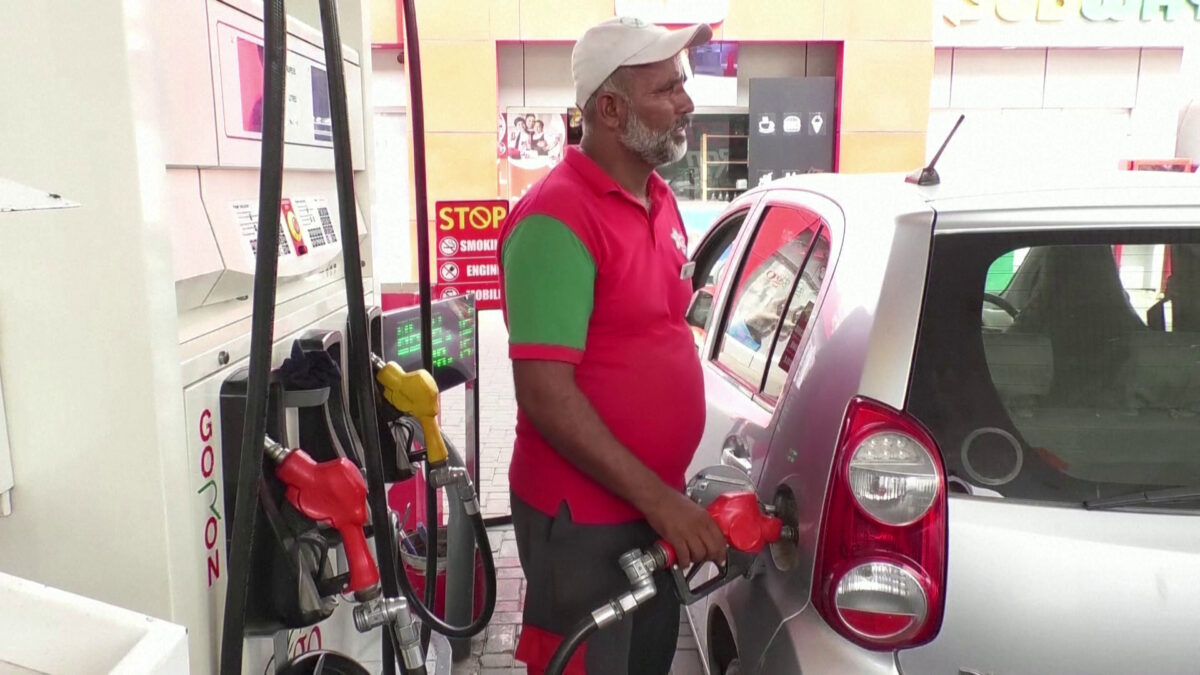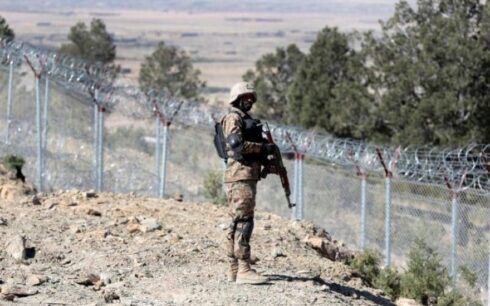The economic woes facing Pakistan have deepened as the government announced a record-high increase in petrol and diesel prices on Friday, adding to the already burdensome inflation affecting the nation’s residents.
In this latest move, Pakistan raised petrol prices by 14.9 rupees, bringing the total to 305.4 rupees ($0.99) per liter, while diesel prices were raised by 18.4 rupees, now standing at 311.8 rupees ($1.01) per liter. This marks the first time in history that petrol prices have crossed the 300 rupees mark.
Khalid Husain, a retired army officer, expressed his dismay, saying, “I used to fill up my petrol tank for 2,000 rupees ($6.50), but now the same amount of petrol costs me over 5,000 rupees ($16.26). I’ve only driven a short distance, and 2,000 rupees worth of petrol is already gone. If it’s this tough for people like us, how can an average person, especially those from the middle-class or low-income backgrounds, survive?”
Wasim Ahmed, a banker, echoed these concerns, stating, “Expenses are skyrocketing daily, and inflation is spiraling out of control. I used to spend 500 rupees ($1.63) on petrol for a week’s worth of travel, but now even 1,000 rupees ($3.25) worth of petrol isn’t sufficient. This marks the first time in history that petrol prices have exceeded 300 rupees per liter.”

This latest price hike follows an increase of 17.50 rupees and 20 rupees per liter for petrol and diesel, respectively, just a fortnight ago. In August, Pakistan raised petrol and diesel prices in alignment with fiscal objectives outlined in an agreement with the International Monetary Fund (IMF), exacerbating the country’s already high inflation rates.
The caretaker administration currently overseeing Pakistan faces the formidable task of guiding the nation through an impending national election scheduled for November. Simultaneously, they must contend with acute political tensions and the challenge of managing historically high inflation and interest rates.
As Pakistan grapples with these economic pressures, the populace anxiously awaits relief from the relentless rise in fuel prices, hoping for respite in their daily struggles.





